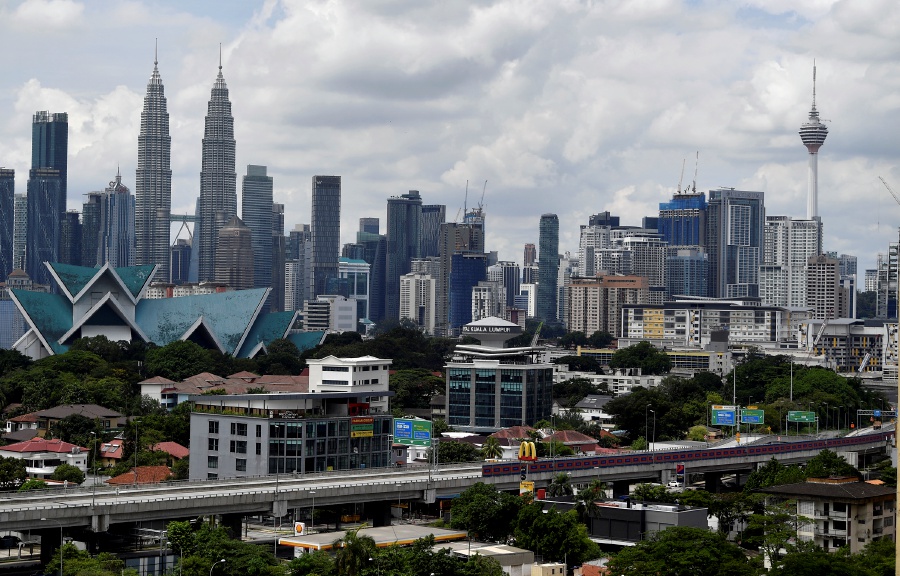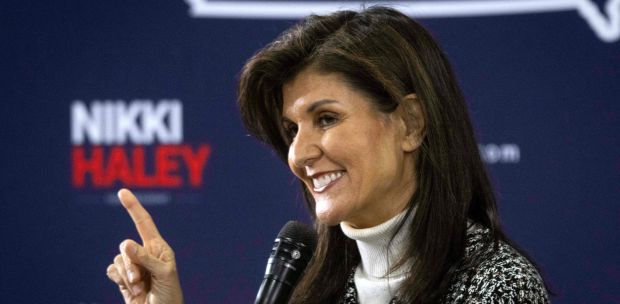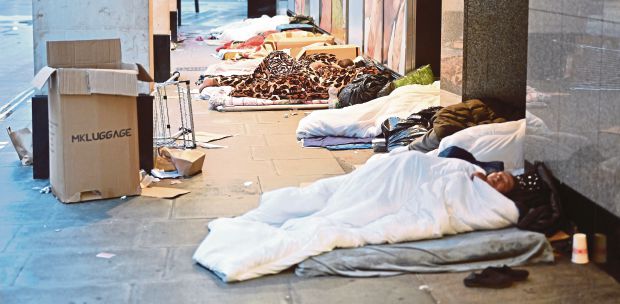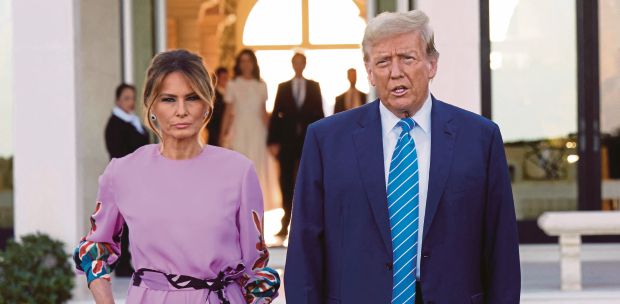THE Covid-19 pandemic has necessitated a change in the way we social animals do work. For diplomats, this has meant a radical departure from a centuries-old tradition. It would not be a stretch to say that diplomacy, perhaps, among all the other functions of government, is the hardest-hit.
Imagine not being able to reach out and meet new contacts because you are confined to your house. If you have never met the other person on the line, and whose identity you cannot verify, but he wanted to talk matters of state with you, would you pick up the call?
Yet, matters of state still have to go on. During the early stages of the pandemic, when one country after another closed its borders, diplomats were kept busy trying to evacuate or repatriate their fellow citizens. That was enough to give many young diplomats a head of white hair.
No, not all citizens were difficult, but despite the tag of "counsellor", no foreign service officer has ever been certified as a psychologist. ("Counsellor" is a diplomatic term meaning a mid-level officer with his own portfolio. "Minister" is another diplomatic term that often confuses people.)
So, trying to soothe ruffled feathers, planning the mass exodus of persons, acting as a travel agent for the dates and route of that getaway, and then adhering to safety precautions with the Covid-19 situation on the ground, were massive headaches.
But they gave many a sense of purpose. We were finally doing something where results could be seen.
After the whirlwind of activity trying to get mercy flights, and bundling the healthy ones onboard, came the lull. Many breathed a sigh of relief. Now was the time to take a well-deserved break.
After days, weeks and months passed, diplomats started becoming agitated. If there was no way to meet new people and establish contacts, how would the Malaysian interests be promoted?
Most countries closed their borders in mid-March. We are now fast approaching the middle of the year, and with Covid-19 safety precautions in place, normal diplomatic work is not possible. So many have had to be creative in discharging their responsibilities.
Eid was a case in point. By then, many had not come into contact with those outside their homes. In Dakar, because of these con-straints, we exchanged hampers laden with traditional cakes with each other. It was a way of telling our contacts that they are in our thoughts.
Over at the multilateral forum, more and more key personnel could communicate with head-quarters only via online plat-forms because airports were closed. Personnel on the ground could not move around as freely as they used to, which meant that they had to rely on local partners to update them. The United Nations Security Council has started to limit the number of diplomats at its debates. All of these measure, while necessary, present a real problem.
When the number of people in a meeting is restricted, it can lead to exclusion, which is the antithesis of what UN member states have been fighting. In 2009, then UN secretary-general Ban Ki-Moon's presentation of the outcome document of the Copenhagen Climate Change meeting was criticised because the document he presented was the result of negotiations of a handful of states while others were kept waiting in a separate room, with no voice.
Now, with the new measures, there is a chance that some "difficult" countries might be excluded altogether from the meeting. Many organisations maintain a field office to report on needs, shortcomings and ways forward. Once this is taken over by a local organisation with a different agenda, neutrality will go out the window.
One good thing though is the savings in the amount of travelling that international civil servants do.
Another unintentional result of the pandemic and of United States President Donald Trump's war against multilateralism is that maybe, just maybe, international organisations will assess their numbers and reduce costs so that member states will not have to pay so much.
I always believe that people are resilient, adaptable. Diplomats and envoys have weathered pandemics, world wars and shifting world order since time immemorial. No reason to think that they will not do the same this time. It just remains to be seen if the old normal will return.
The writer is a foreign service officer, who writes on international affairs with particular emphasis on Africa






